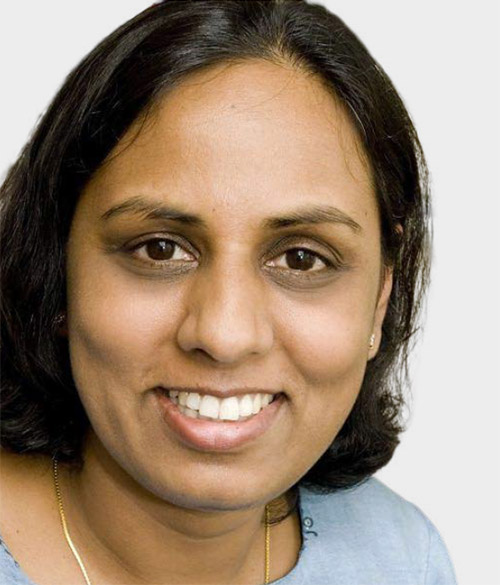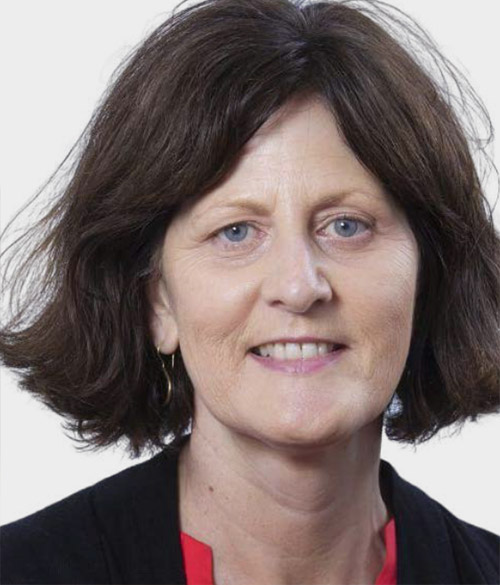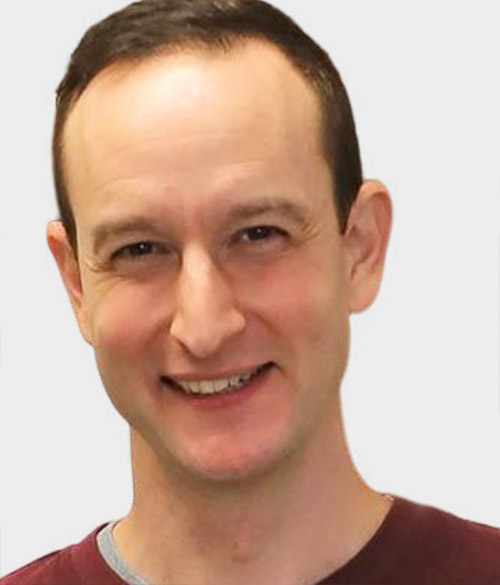There has been much publicity around a new gene therapy that will dramatically improve the lives of people with the rare condition, haemophilia B. Our role has been to undertake genetic analysis through routine testing. However, as Pathway discovered, the trial turns out to be anything but routine.
The UCL-sponsored study was led by Professor Pratima Chowdary, the Royal Free’s Coagulation Lead, and our Consult and Speciality Lead, Haemostasis. Pathway spoke to her together with Lead Clinical Scientist, Bilal Jradeh and Anne Riddell, Coagulation Laboratory Lead, to find out a bit more about our involvement.

Professor Pratima Chowdary
The Royal Free’s Coagulation Lead

Anne Riddell
Coagulation Laboratory Lead

Bilal Jradeh
Lead Clinical Scientist
Dr Chowdary said that when the study started some five years ago, they had a number of options when it came to choosing a central testing lab. However, she and Anne, both with a great deal of experience between them, agreed that the Sonic Healthcare UK lab would offer the best levels of confidence, expertise and service.
“The arrangement allows vital collaboration. The close and long standing relationship means that we can ask questions without ever having to query competence. There’s a great deal of interaction between clinicians and the lab which really reduces any friction in the system - which isn’t always the case.”
Patient-centric care
Bilal concurred that there has been a high level of contact and cooperation between clinicians and the laboratory, and this was particularly good news for patients.
“Although the lab is no longer based at the Royal Free, we maintain very close working links with the Haemophilia Centre and have regular meetings with the consultants there. With around 150 samples per year, our team’s discussion is always around the individual patient. It’s more than just issuing data from the lab, we want to make sure our reports are easy to understand both for clinicians and patients. Each analysis is different, so it’s really patientcentric.”
The trial has produced some very encouraging results, although the team is very cautious about using the term “cure”.
“It’s a very exciting trial to be part of, it’s a relatively small scale study, but it shows that gene therapy is possible.” It’s a great result all round and a great showcase for collaborative working. As Dr Chowdary says, “For expertise to flourish, collaboration is vital.”